From the Chicago Reader (August 22, 1997). — J.R.
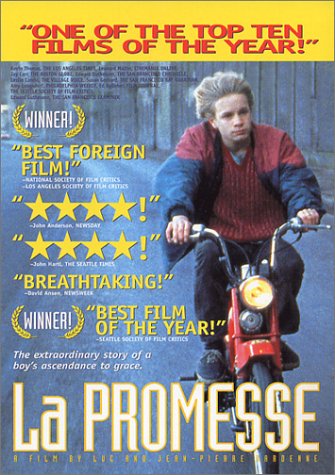
La promesse
Rating *** A must see
Directed and written by Luc and Jean-Pierre Dardenne
With Jérémie Renier, Olivier Gourmet, Assita Ouedraogo, Frederic Bodson, Rasmane Ouedraogo, and Hachemi Haddad.
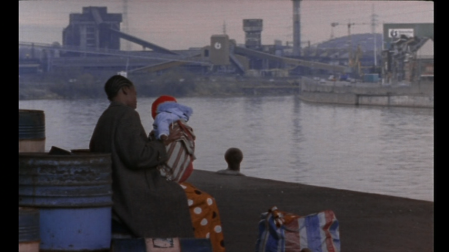
I’d never heard of Luc and Jean-Pierre Dardenne before I saw La promesse (1996), an important and highly involving movie playing at the Music Box this week. But given that they’re regional filmmakers working in an unfashionable country, this isn’t surprising. Based in Liege — a city in French-speaking western Belgium — the two brothers, both in their mid-40s, started out in the 70s as assistants to Belgian director and playwright Armand Gatti. They then made leftist videos about local urban and labor issues, followed by documentary films for TV about local anti-Nazi resistance, local workers’ struggles in the 60s, and a history of Polish immigration between the 30s and early 80s. In 1986 they turned to fiction, filming a play called Falsch, and their film made the rounds of a few international festivals. In 1991 they did a more experimental feature, Je pense à vous (“I’m Thinking of You”), cowritten by the distinguished New Wave screenwriter Jean Gruault, that apparently sank without a trace after playing at a few French festivals and being slaughtered by the Belgian press. Read more
Posted in (or on) Moving Image Source on August 18, 2010. — J.R.
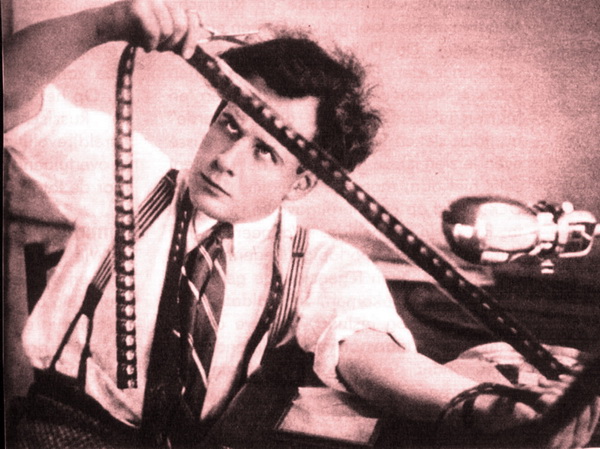
“Having provided over 30 audio commentaries for DVD releases,” Australian film critic Adrian Martin wrote recently in his column for the Dutch film magazine Filmkrant, “I feel I have earned the right to criticize the format. These voice-over commentaries provided by filmmakers, critics and historians are decidedly a mixed blessing. I sometimes wonder whether anybody, except the most dedicated and/or masochistic researcher, ever listens to them all the way through. No one can doubt that these voice-tracks sometimes give us splendid insight or information that we cannot obtain elsewhere in print. But are they really the best we can do in the quest to marry film criticism with the film-object itself?”
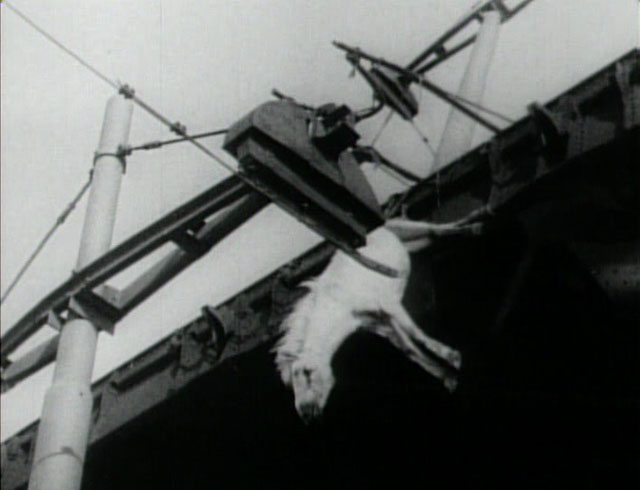
Martin is hardly alone in articulating this position. Many of my friends who collect DVDs, maybe even most of them, avow that they tend to skip audio commentaries entirely, and it’s difficult not to share their bias In most of these run-on spiels, the remarks rarely coincide with what one is seeing (or hearing), and one often feels that the commentator, whether it’s a critic or a participant in the filmmaking, is simply taking the easy way out — doing a free-form improv rather than bothering to write a carefully considered text. Read more
From the Chicago Reader (January 7, 1994). — J.R.
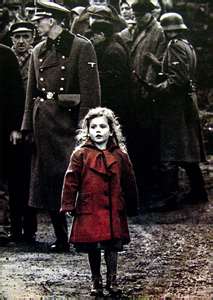
One of the funnier remarks in Variety late last year came from a Universal Pictures executive who noted that because of the special nature of Schindler’s List his company wasn’t really promoting the picture, but simply informing people it was out. I’d wager that if the other movies on my ten-best list had been given the same amount of “nonpromotion” — one of those modest multimillion-dollar campaigns — you would have heard nearly as much about them. As it happens, only about half the items on my list have had — or are having — a normal commercial run in Chicago. Still, Bitter Moon, which has so far had only one fleeting engagement here (in the fall, at the Polish film festival), is expected to have a belated U.S. release early this year, and Silverlake Life: The View From Here was aired nationally on PBS.
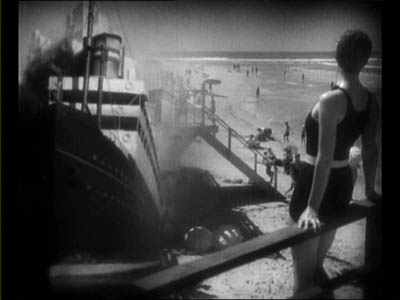
The limited number of Hollywood films on my list and the prominence of Chinese language ones demands some comment. It used to be a truism that American cinema excelled in unpretentious entertainment but faltered when it came to art movies, while the standard line about foreign films — meaning the foreign films Americans saw — tended toward the reverse. Read more






